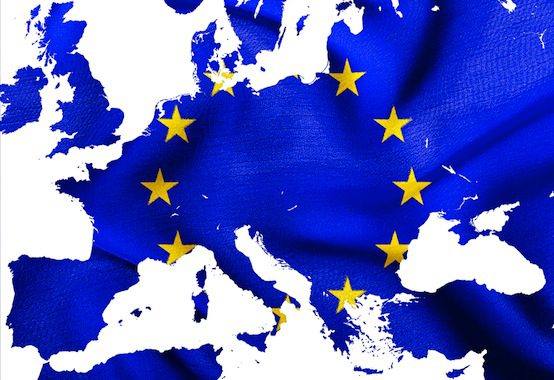Does Macron’s Victory Give Europe a Real Chance?

To take the optimistic case regarding Macron for a moment, though, I want to harken back to a column I wrote last year in the wake of Brexit. Back then, I wrote that Britain’s vote to leave had done Europe “an enormous favor, no matter whether you think “Europe” is a good or bad idea.” Why?
If you think it’s a bad idea, then Britain is about to prove that it is possible to leave and survive. The transition is going to be expensive — Britain will enter a recession in the short term, and the long-term transition may be even more painful than the short, particularly if London cannot retain its position as the financial capital of Europe. But if Britain wants to be a country rather than a city-state, it’s a transition it will have to make at some point. Merely by proving it can be done, Britain will give heart to any other state reconsidering rule from Brussels.
But if you think Europe is a good idea, then you must think it can be made to work. And the only way Europe can work is by becoming a deeper union. The euro can only function if Europe has a common fiscal policy. Europe can only wield diplomatic clout commensurate with its demographic and economic bulk if it has a common defense policy. And Britain was always going to remain the largest, strongest foot-dragger to further cessions of national sovereignty.
What does a “deeper” union mean?
“Deepen” does not necessarily mean becoming a highly centralized, unitary state, much less a homogeneous culture. The United States’ federal system reserves considerable power to the several states; Canada’s federal system reserves even more power to its provinces, as does Germany to its Länder and Switzerland to its cantons. There’s no reason why Europe could not go down a similar path.
To do so, however, its founding members must compromise their conflicting visions of what Europe is supposed to be. Germany is going to have to accept that it has an open-ended responsibility for the welfare of citizens of other European states. Not for the states themselves, much less their leaders — but for their citizens: Germans will have to come to see Greeks as more like Ossis than like Ausländer. And France is going to have to accept that a functional Europe is one in which France is just a large and powerful province rather than an empire of its own.
In other words, a “deeper” union doesn’t need to mean a more highly-regulated or centralized one. But it does mean having a central European government that is directly responsible for and accountable to a European citizenry, a European electorate. In the absence of such responsibility and such accountability, “Europe” becomes a means for the political class to do an end-run around the citizenry of the various European states, and that process is one of the main drivers of right-wing populism across Europe.
Now, with Macron in charge of France and Markel in charge of Germany, you have two emphatically liberal, capitalist, transnationalists in charge of Europe’s core states. Macron even celebrated his victory with Beethoven’s “Ode to Joy,” the European anthem, rather than the French anthem, “La Marseillaise.” If these two can’t work together on fixing the structural problems with the design of the E.U., then probably nobody can.
So there’s the counter case to my own case that things are only going to get worse. The advocates of Europe now have their best chance to make their imagined future a reality. They probably deserve a shot.